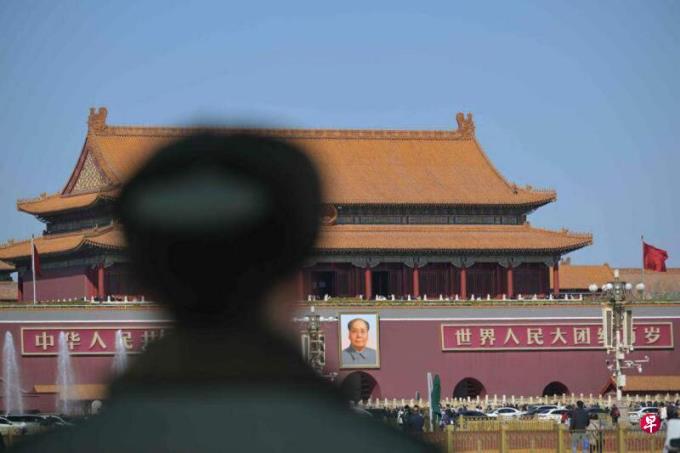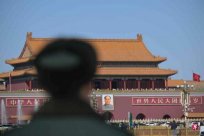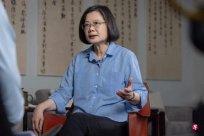
The Ministry of Commerce of Mainland China on Sunday (May 19) announced that it has gathered formaldehyde natives of imported chemicals native to the European Union, the United States, Taiwan, and Japan, and launched an anti -dumping survey of up to one and a half years.Scholars of interviewees described this measure as "one stone and four birds", which mainly countercristed European and American recently on the Chinese industry with economic and trade policies, followed by the release of warning information on the eve of the president of Taiwan Lai Qingde on May 20.
The official website of the Ministry of Commerce issued an announcement on Sunday, announcing that it began to conduct anti -dumping investigations on some imported POM Copolymers on the same day. The four surveyed objects were the European Union, the United States, Taiwan, and Japan.The survey should usually end before May 19 next year, and it can be extended for six months under special circumstances.
Co -agglomeration formaldehyde is a widely used thermoplastic plastic. It can partially replaces metal materials such as copper, zinc, tin, lead and other metal materials, and is used in multiple fields such as automotive accessories, electronic appliances, medical appliances.
According to the announcement, the six Chinese manufacturers formally submitted an anti -dumping survey application to the Ministry of Commerce on April 22 this year, including China Yunnan Yunnianhua, the largest production company in China.In the past three years, these companies accounted for more than 50 % of the total production of similar products in mainland China each year, which meets the provisions of the application for anti -dumping investigation.
The European Union used foreign subsidy regulations that took effect in July last year. This year, three high -profile investigations have launched three high -profile investigations on Chinese companies in the field of railway, solar and security.SG/News/China/Story20240506-3596534 "R = NOFOLOW TARGET = _blank> also launched a trade survey of Chinese electric vehicles sold in Europe , which caused high dissatisfaction in Beijing.China Customs data shows that China ’s exports to EU electric vehicles in the first two months of this year decreased by nearly 20 % year -on -year, indicating that the negative effect of the EU’ s survey has appeared.
China CCTV's new media "Yuyuan Tan Tian" issued a document on Saturday (18th) that China also has sufficient countermeasures. If Europe continues to take action, "China may have to take a series of measures to fight back to fight back"The EU China Chamber of Commerce issued a statement saying that the warning was" significant "and said that European wine and dairy products might be affected.
On May 14, the United States announced that it would increase tariffs on electric vehicles, lithium batteries, photovoltaic batteries and other products to enter the United States; the tariffs on electric vehicles increased from the current 25 % to 100 %.After that, a spokesman for the Chinese Ministry of Commerce urged the United States to cancel the tariffs on China and Canada,
China ’s polydehyde import volume has shocked a trend in recent years.Due to the high requirements of the high -value -added automotive accessories industry and the high -end electronic appliance industry, domestic agglomeration formaldehyde does not have access conditions or less entry. China still needs to import more than 300,000 tons of polyetaldehyde each year. Last year, Chinese polydeons producers increased to 11, and the total production capacity increased to 590,000 tons per year.Among them, Yun Tianhua's capacity is 90,000 tons per year, which is the largest production company in China. Fu Fangjian pointed out that Chinese polydehyde manufacturers have accounted for more than 60 % of the domestic market share, and proposed that anti -dumping investigation applications may also have business purposes. They hope to drive away foreign manufacturers to further consolidate the dominant position in the domestic market, but if there is no competition, it will be in lack of competition.As a result, Chinese manufacturers form a monopoly, and the long -term disadvantages of market development are greater than profit.



